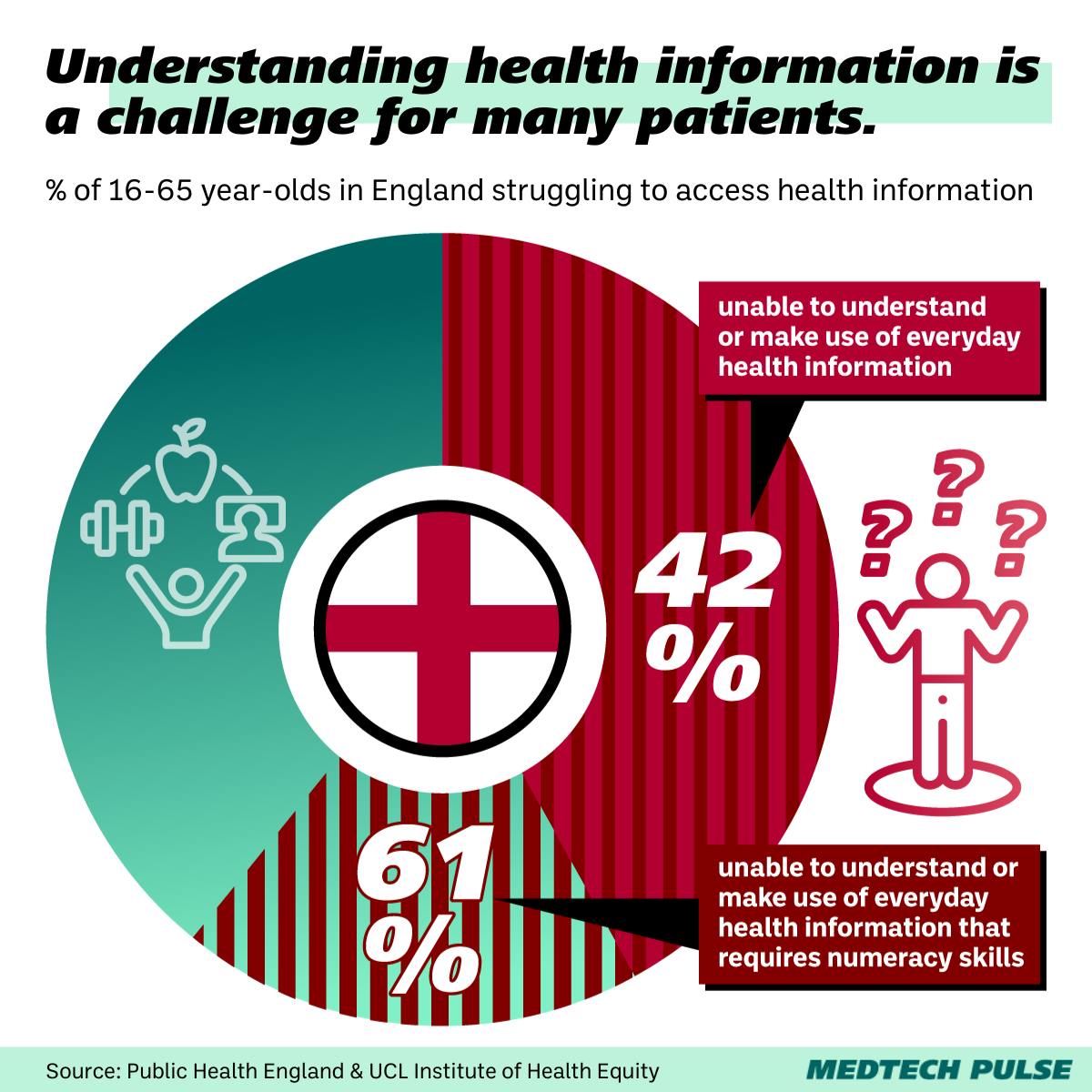Pre-op patient education gets an immersive upgrade
How do you ensure patients actually absorb what clinicians tell them?
Making patient education engaging and easy to follow is one step. But what about making it immersive?
That’s how a new tool called My Pre-op Assistant from UK patient education company Cognitant aims to transform patient pre-surgical education. My Pre-op Assistant is first being rolled out for elective surgery patients at Hull Royal Infirmary and Castle Hill Hospital.
What makes the tool better than the standard patient education resources?
Immersive VR technology.
We’ve seen many compelling examples of VR and AR being used to prep clinicians for surgery. Now, it’s the patients’ turn.
How VR can help surgical patients
Using a VR approach for patient education isn’t entirely new. For instance, a team from the Netherlands took a similar approach through a pre-op VR app with 360-degree videos and interactive photos.
However, Cognitant takes things a step further by making My Pre-op Assistant VR headset compatible, upping the immersive factor of the educational experience.
While patients are at the hospital, they can access the educational content via Meta Quest VR headsets. Back at home, they can use Cognitant’s Healthinote digital patient learning platform to revisit it.
Designed with the help of patients and clinicians, the content features personalized resources and immersive, interactive experiences ranging from home to hospital settings. Users choose their own adventures in their learning experience. They click on different image icons—for example, selecting the car keys delivers information about traveling to and from the hospital.
The goal is for patients to fully familiarize themselves with what to expect on the day of their operations—optimizing their preparedness.
Having patients involved in uncovering what kinds of questions users would have, was important to the team. Standard patient education materials—text-based brochures and leaflets—do not account for the gap UK patients face in health literacy and information retention.
Clinicians using the tool hope that it will lead to better surgical outcomes, knowing that patients will be better equipped to understand what to expect before and after their procedures.
But the tool isn’t just for the individual patient’s benefit. There are broader health system issues clinicians and the Cognitant team aim to address with the technology.
A potential fix for avoidable surgery cancellations
Hull University Teaching Hospitals NHS Trust has been tracking its short-notice surgery cancellations. According to internal hospital data, between April and July 2023, 1,380 operations were canceled with short notice (up to two days prior and including “on the day” cancellations).
These cancellations can be quite disruptive.
“Hull Hospitals is a busy acute healthcare provider in the Yorkshire region, so not only can short notice cancellations have a big impact on patient waiting times but they can also be upsetting for patients who may have been waiting for some months to be seen,” said Dr. Dave Wright, Consultant Anaesthetist at Hull University Teaching Hospitals NHS Trust and Director of Simulation at Hull Institute of Learning and Simulation (HILS).
One of the culprits behind these cancellations has been inadequate patient preparation and health literacy.

If a patient does not follow their pre-operative guidelines (e.g., adjusting their medication routine, stopping smoking, or fasting) it’s much more likely that their operation will have to be rescheduled. Patients have also been known to cancel or skip their own appointments because they don’t feel adequately prepared for surgery.
However, by improving the accessibility and quality of the education resources provided to patients in the pre-operative period, the incidence of poor preparation and avoidable cancellations can be reduced.
Plus, beyond improving patient experience, minimizing unnecessary cancellations stands to save the regional health system money. Cancellations exacerbate service backlogs and increase patients’ wait times across the NHS.
“This is a great example of an NHS provider working hard to bring their waiting times down and improve experiences and outcomes for patients,” said Cognitant’s co-founder and CEO, Dr. Tim Ringrose. “We are pleased to be able to showcase how personalised experiences like this play an important role in improving the efficiency of NHS resources while also improving the experience for patients.”
We’re interested to see how the Hull health system benefits from this tool. It’s not just Hull patients and Hull hospitals who could benefit. Canceled surgeries in one U.S. hospital have been found to be attributable to millions of dollars in lost annual revenue—thousands per case.
Plus, we’re excited about the innovative attention paid to patient comfort and understanding with this technology. Patients deserve better than outdated, unengaging, and hard-to-digest educational materials. This project is a welcome step in the right direction.